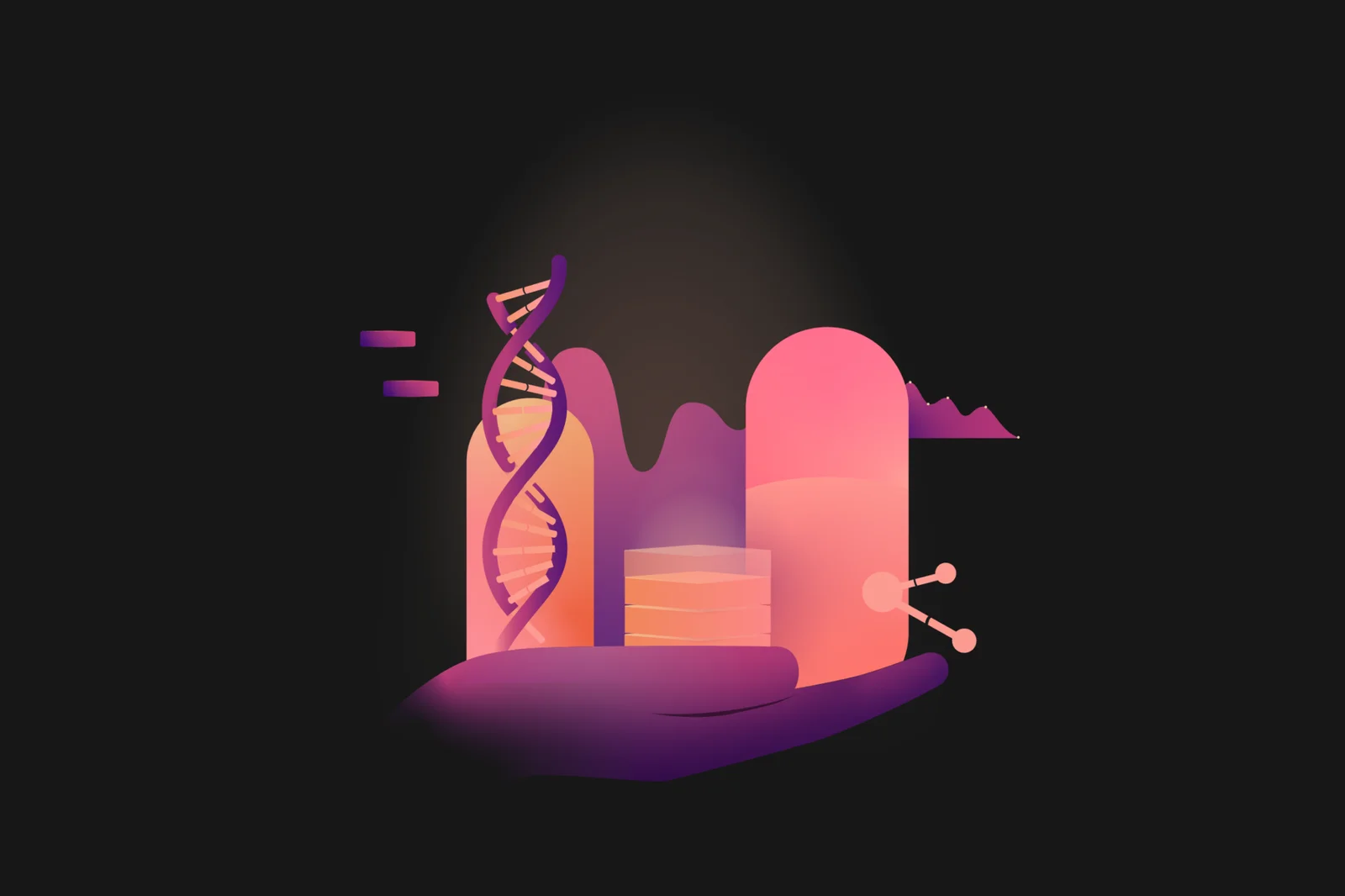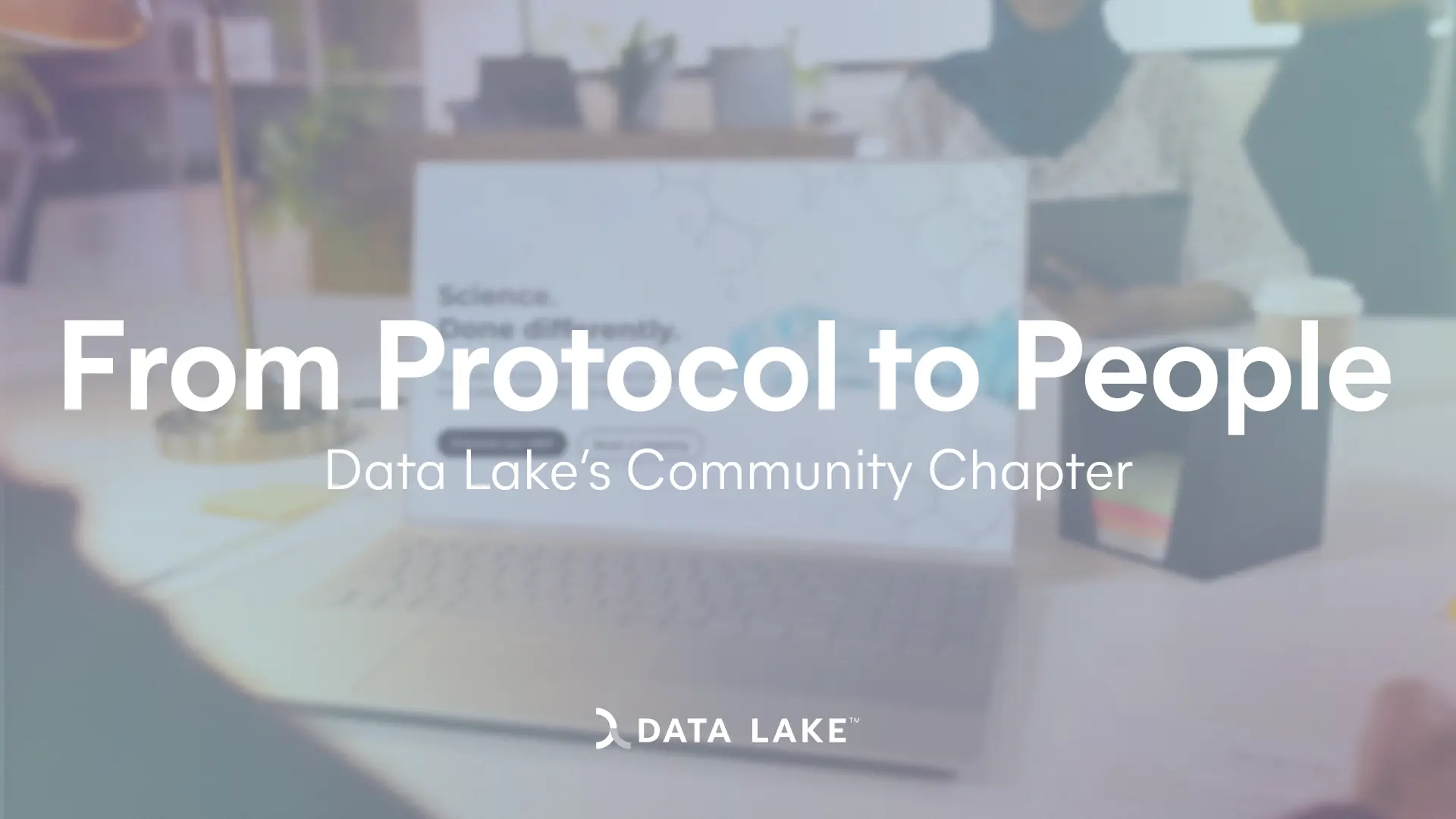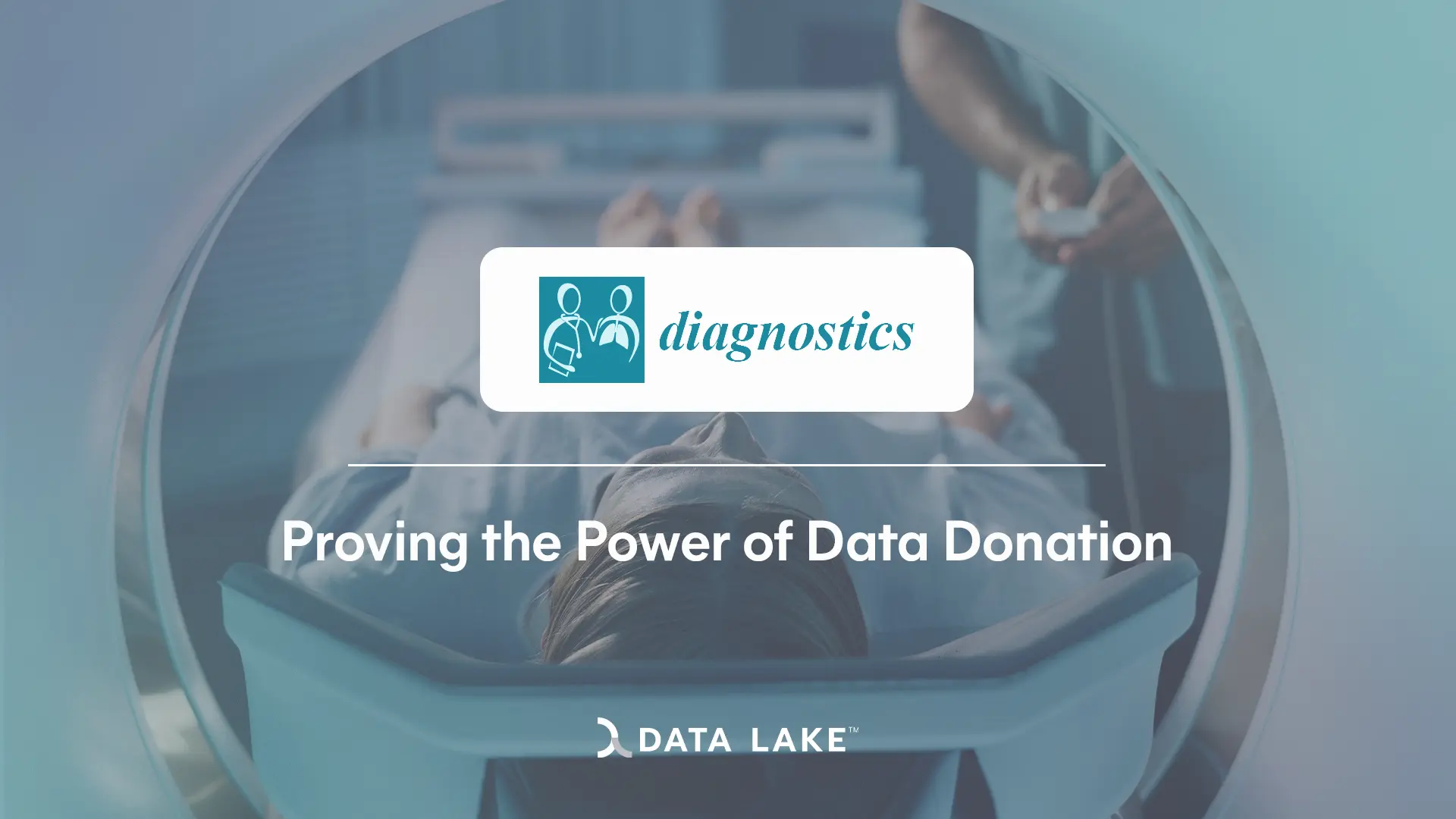The future ahead: the potential of the use of data in medicine
As of today, the key to a better organization and new developments has become data. The world around us is taking us down a path in which the more data we own, the better we can organize ourselves and deliver the most accurate outcomes. That is why data collection is an important part for many – if not all – fields, including the one of healthcare.
The mission of Data Lake is to give people control over their medical data, launch an international database of medical data donors and create a fair exchange for said data. There is no doubt among experts that this is something that will saves lives. Being able to share one’s own medical data has important consequences on social, practical and theoretical grounds, as it will:
-
Enable training of unbiased AI algorithms for diagnosing and predicting disease.
-
Democratize and decentralize access to medical data so that not only corporations and biggest research entities can engage in innovation but smaller, agile startup teams too (Decentralized Science – DeSci)
-
Build better health profiles and more predictive models around individual patients so that disease can be diagnosed better by doctors.
-
Improve the consistency of medical studies, for example allowing the measurements to consider a wider range of socio-economic determinants and genetic factors.
-
Incentive collaboration among researchers, who would have the means to organize and gain access to a safe market of medical data to work on, as well as to engage in peer review and eliminate duplication of efforts.
-
Help researchers’ understanding in what field their contribution is most needed thus directing the scientific efforts and provision of research grants better.
-
Empower individuals with the possibility to share data, also encouraging social cohesion and general well-being.
-
Save time. In medicine, timeliness is crucial, and AI trained on big data in healthcare makes clinical decisions faster and more accurate.
-
Help us discover new correlations in diagnosis and treatment of critical diseases, as it happens with sepsis, a case which we will investigate deeper in the next article.
.
.
What’s stopping us? Current limits of medical data and how Data Lake solves them
The current problem in healthcare isn’t the lack of data, as each one of us has thousands of valuable medical data points. Rather it is the lack of consensus on how this data should be sourced ethically, with respect to individual patient’s rights. Data has then to be validated, processed, and integrated into a large data source to enable meaningful analysis.
In particular, the followings are the main challenges that Data Lake is working on overcoming:
-
Laggard
Even if the COVID-19 pandemic has radically accelerated the adoption of digital medical technology, with patients and doctors being more accustomed than ever to virtual health services, healthcare is notoriously slow to redefine and redesign itself, as it tends to be a laggard in adopting new impacting technologies.
Data Lake aims at shifting this paradigm by making the flow for donating and buying medical data easy to understand and benefit from for everyone. To onboard the various kind of stakeholders, we are developing different kinds of communications: we are engaging with foundations, hospitals and patients of all ages, researchers and data buyers, as well as the more tech-savvy who see the value of leaving their consent on the blockchain in an immutable, safe and transparent way.
-
Fragmentation
An important problem with the current status of medical data usage is fragmentation. Medical data is too often not utilized by most potential data donors who are unaware of their potential. Medical data can represent a cost, and is perceived as risky to deal with because of reputational, legal and compliance risks. Additionally, public organizations fail to harmonize the policies on the topic.
Data Lake is building a 100% compliant marketplace on the blockchain to gather and allow the exchange of medical data, with the $LAKE token being ideal for creating the incentives for the stakeholders involved in a safe, fair and innovative system.
-
Security
With the current state of things, patients’ data represents a burden for hospitals and clinic – rather than an opportunity – as they must incur costs for maintaining and securing the data repositories. Digitizing the storage and access to medical data seems inevitable, however due to the sensitive nature of the data, the highest standards of security have to be constantly maintained.
To do so, Data Lake is developing its product on the layer 2 Polygon blockchain. This provides a seamless experience for the users, and stores the history of consents given and revoked by patients in a secure, public, and immutable distributed ledger, with no personal data however stored on the blockchain, ensuring the right to be forgotten under the GDPR regulation.
-
Standards
Developing several different standards to format and transfer medical data creates the paradoxical effect of making stakeholders perceive a lack of cohesion, agreement, and actual standards. This hampers interoperability, in a sector in which everything has to be harmonized as there is no room for flexibility. Data Lake aims at being a leader in the medical data market, having then the means to sustain development toward a higher degree of harmonization of medical data on a global scale.
-
Privacy
Last but not least, privacy remains one major concern when dealing with medical data, as no one wants such sensitive data to be exploited. Many insititutions have given up on the potential of medical data simply because they do not intend to run the risk of breaching privacy law.
At Data Lake, privacy is at the top of our priorities. Our system will make the data exchanged completely anonymized before it gets exchanged in a GDPR-compliant manner.
.
.
Data is becoming the currency of a new emergent market as well as the means to optimize our society entirely. Data Lake believes that the healthcare sector should not be left behind in this paradigm shift, and we are building a product to overcome the current difficulties and create a fair market, one that enables doctors and medical researchers to do better research, while leaving privacy, control and profits in the hands of the people.
Whether you are a patient, a data supplier, a data buyer or a public organization, join us on our journey to revolutionize medicine and democratize medical data!




